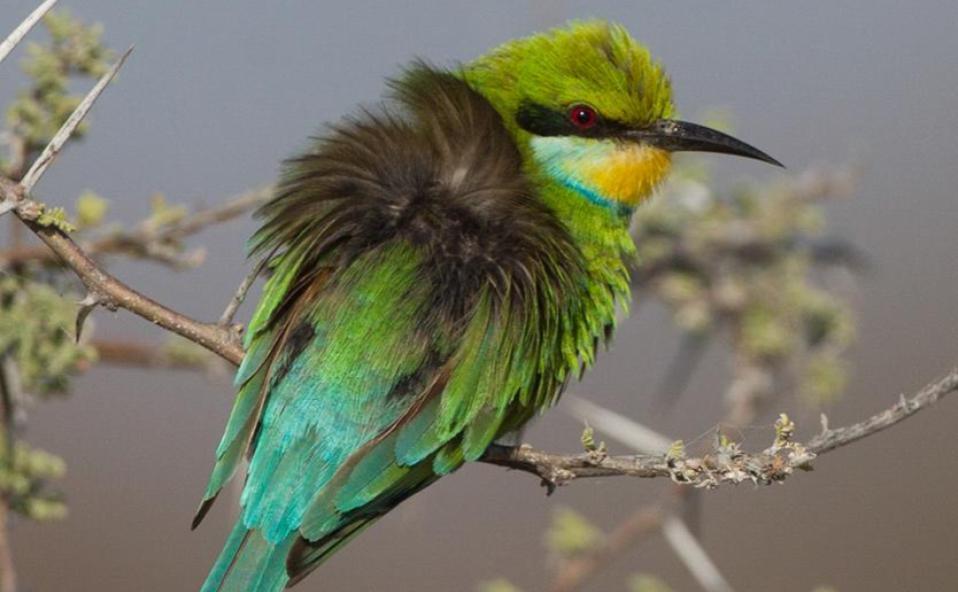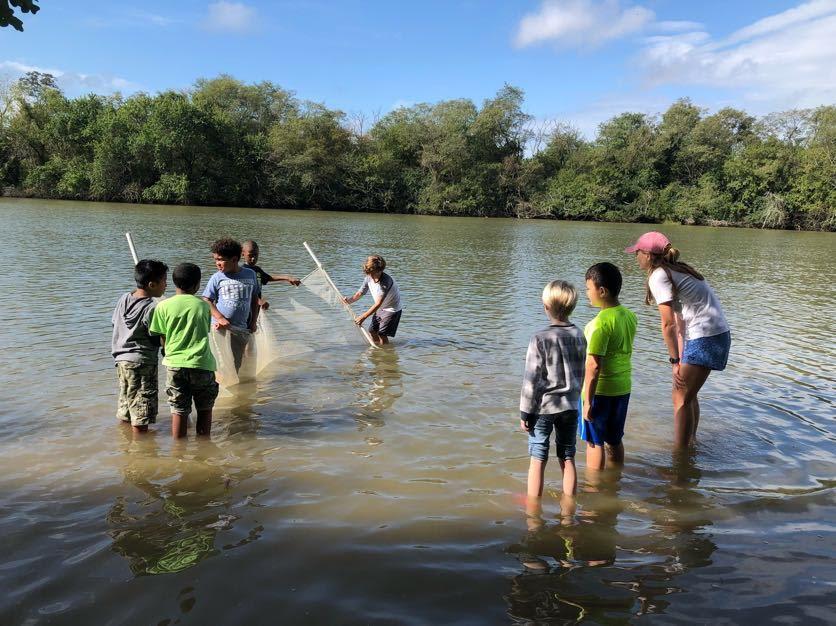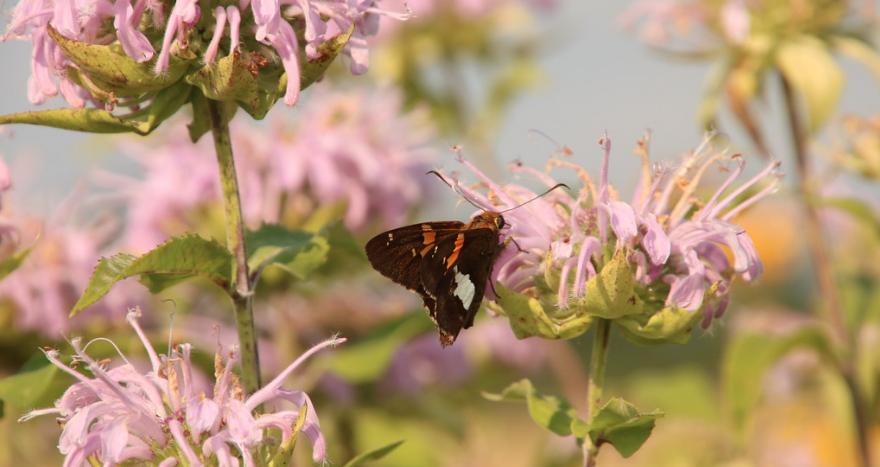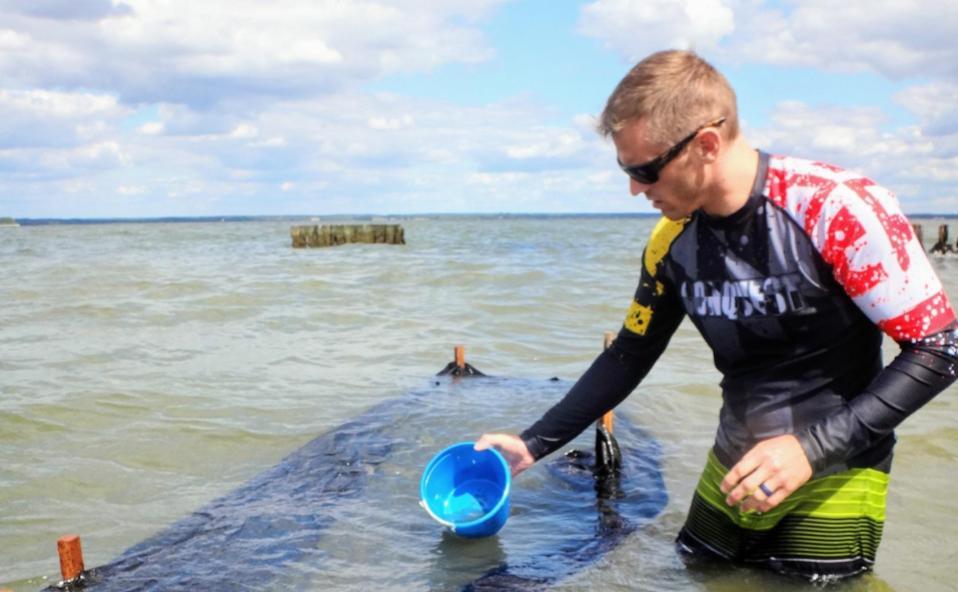The Chesapeake Bay Foundation (CBF) has launched a new online environmental learning series designed to be a resource for teachers, parents, and students during the COVID-19 pandemic. On Thursday, Washington, D.C., announced schools would be closed until May 15. Virginia and Pennsylvania schools are closed through the end of the school year, while Maryland’s school closure is likely to be extended.
Since the Chesapeake Bay Foundation’s (CBF) founding in 1967, CBF’s education work has focused on a simple motto: Learn Outside. But due to restrictions related to coronavirus, for the first time CBF has cancelled all educational field experiences this spring on CBF boats and outdoor education centers across Maryland, Virginia, Pennsylvania, and Washington, D.C.
That’s why CBF is undertaking a new effort to bring outdoor education experiences to teachers and students tasked with learning remotely. This new remote learning series, called “Learn Outside, Learn at Home,” features videos of CBF’s professional educators discussing environmental science topics from around the Chesapeake Bay watershed. The online resources are carefully crafted to align with school curriculum and state learning standards.
“These are tough times for everyone. We realize many parents are juggling work and life responsibilities while also caring for children at home due to school closures,” said Tom Ackerman, CBF’s Vice President of Education. “Meanwhile, teachers are grappling with the best ways to educate students remotely. CBF is ready to help. Several new education videos, investigations, and activities are already available and during the next several weeks we’ll add many more. They’re all designed to bring our award-winning Bay education programs into your homes and get students exploring nearby nature.”
Each video is paired with an investigation for students to complete. Students can also explore nature journaling activities to document the environment around their homes and backyards. Schools and teachers both locally‑-such as in Alexandria, VA, and Harford County, MD–as well as from as far away as Oregon are integrating the Learn Outside, Learn at Home series into remote learning efforts.
For adults restricted by stay-at-home orders, CBF is creating educational and entertaining webinars, videos, and blog posts related to news, wildlife, and the environment along local rivers and the Bay. The wide variety of topics include a webinar on dolphins in the Bay, a video and blog post on how COVID-19 is affecting oyster farmers, and an Ask an Expert video series covering topics from oysters to regenerative agriculture.
Over the next few weeks, CBF’s team of educators and scientists will continue creating new material that anyone can benefit from during the pandemic. The new videos and investigations are being compiled at cbf.org/bringhome. To get CBF’s weekly e-mail roundup of engaging new resources, subscribe to the special Save the Bay e-newsletter at cbf.org/newsletter
Don’t miss the latest! You can subscribe to The Chestertown Spy‘s free Daily Intelligence Report here
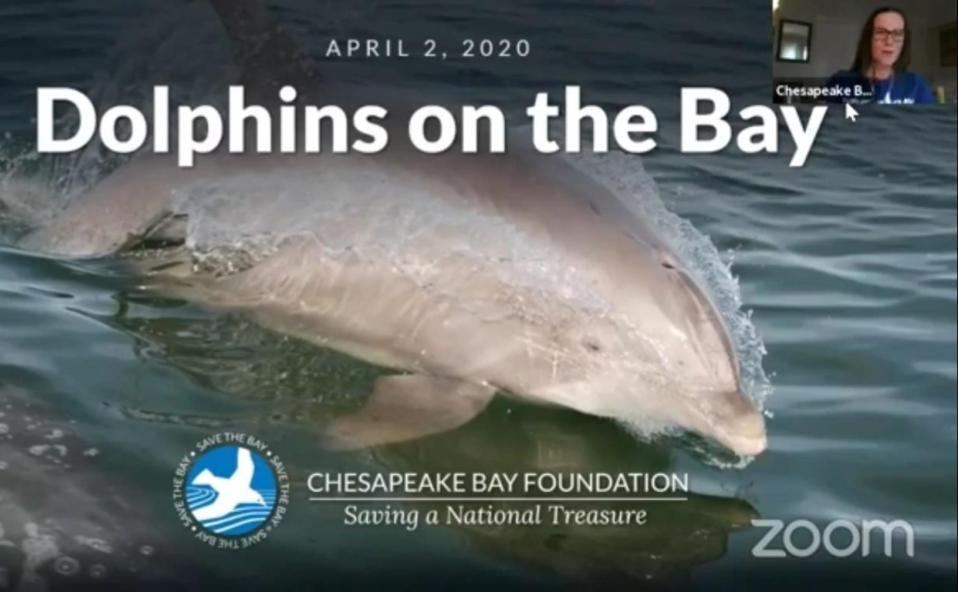


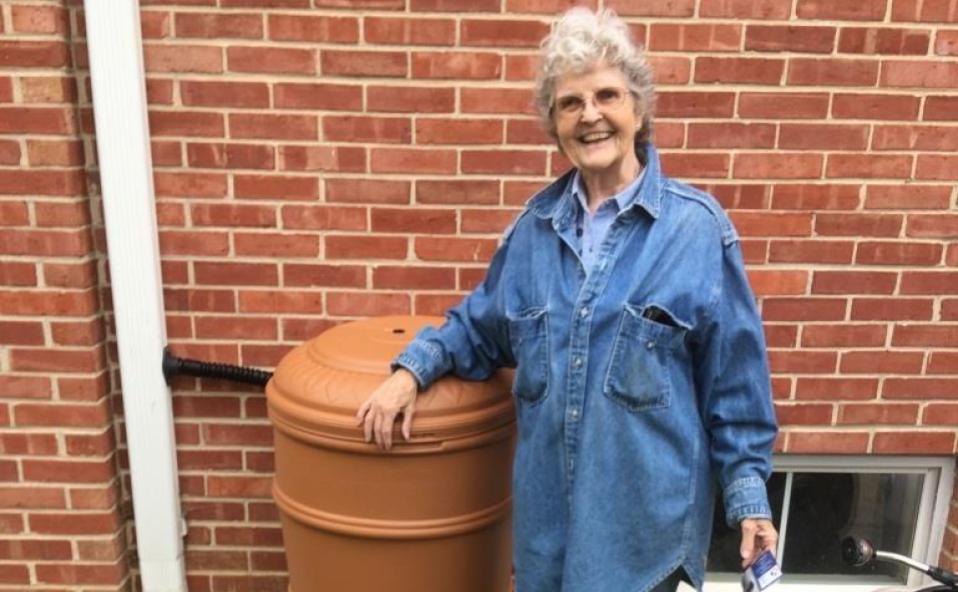
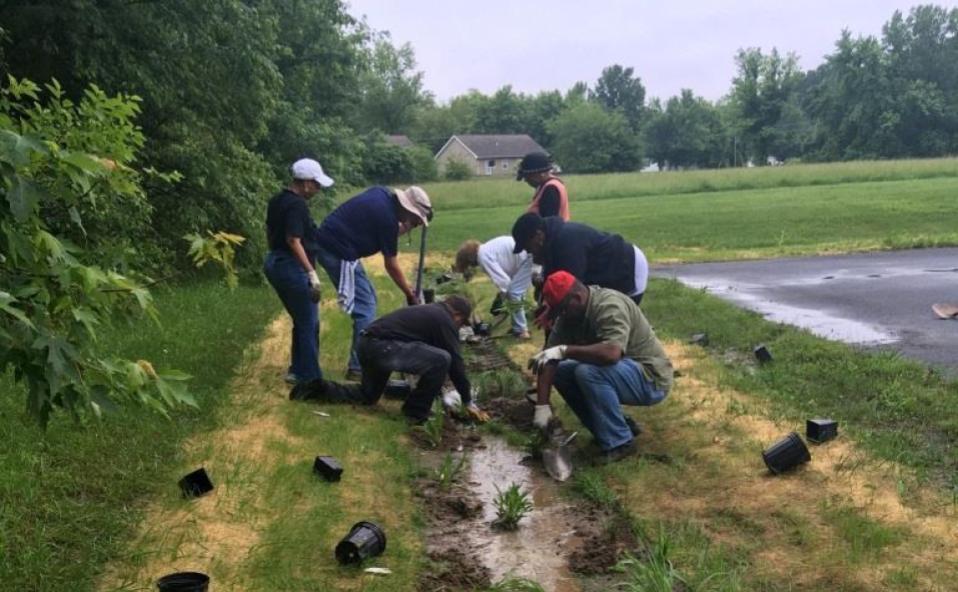


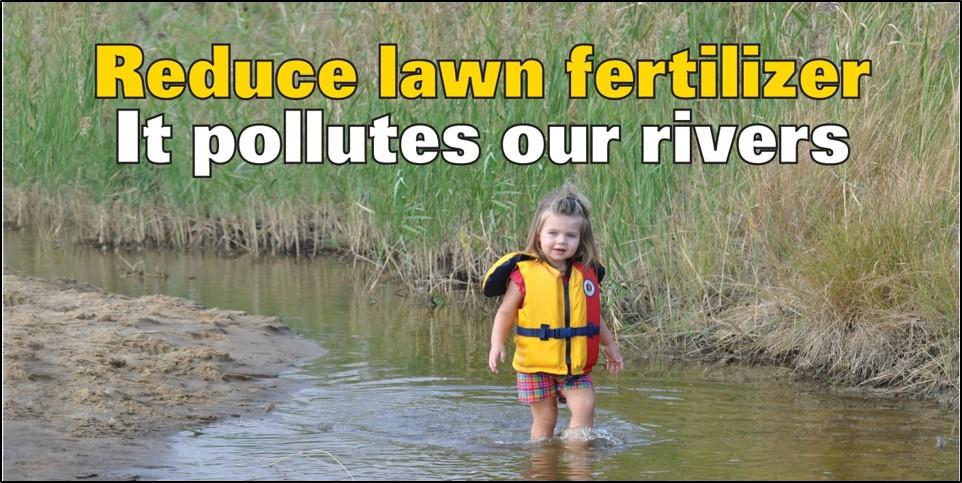 As part of this campaign, ShoreRivers participates with the University of Maryland and several other organizations in promoting river-friendly practices through social media and website resources. In 2019 this campaign engaged over 80,000 people in the Chesapeake Bay region; and, with many of us working from home at this time, aims to engage even more this year.Daily social media posts will identify ways to improve water quality and habitat benefits of properties, such as planting natives, installing rain gardens, and fertilizer alternatives.
As part of this campaign, ShoreRivers participates with the University of Maryland and several other organizations in promoting river-friendly practices through social media and website resources. In 2019 this campaign engaged over 80,000 people in the Chesapeake Bay region; and, with many of us working from home at this time, aims to engage even more this year.Daily social media posts will identify ways to improve water quality and habitat benefits of properties, such as planting natives, installing rain gardens, and fertilizer alternatives.

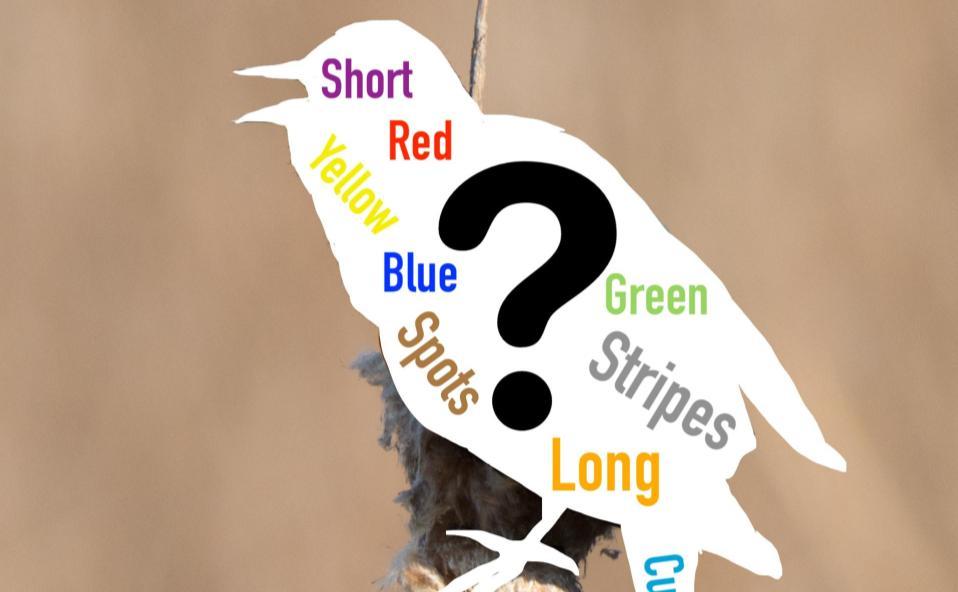 In a typical spring, most of Talbot County’s students would be visiting Pickering Creek for a field experience. This spring Audubon staff at Pickering was expecting to see not only students from Talbot County, but also Wicomico, and Caroline counties. In the face of this unprecedented health crisis, Pickering Creek Audubon Center has had to curb it’s outdoor and classroom activities, which has been sobering. However, as environmental educators tend to (and often have to) Pickering Creek staff must see this challenge as an opportunity. Pickering educators are spending time developing a suite of creative lessons and activities to keep its community of nature enthusiasts of all ages connected to the outdoors. In addition to currently working with school system partners to adapt STEM-oriented environmental programs, Pickering is thinking of families and the increased time they are spending together as we “stay at home”.
In a typical spring, most of Talbot County’s students would be visiting Pickering Creek for a field experience. This spring Audubon staff at Pickering was expecting to see not only students from Talbot County, but also Wicomico, and Caroline counties. In the face of this unprecedented health crisis, Pickering Creek Audubon Center has had to curb it’s outdoor and classroom activities, which has been sobering. However, as environmental educators tend to (and often have to) Pickering Creek staff must see this challenge as an opportunity. Pickering educators are spending time developing a suite of creative lessons and activities to keep its community of nature enthusiasts of all ages connected to the outdoors. In addition to currently working with school system partners to adapt STEM-oriented environmental programs, Pickering is thinking of families and the increased time they are spending together as we “stay at home”.